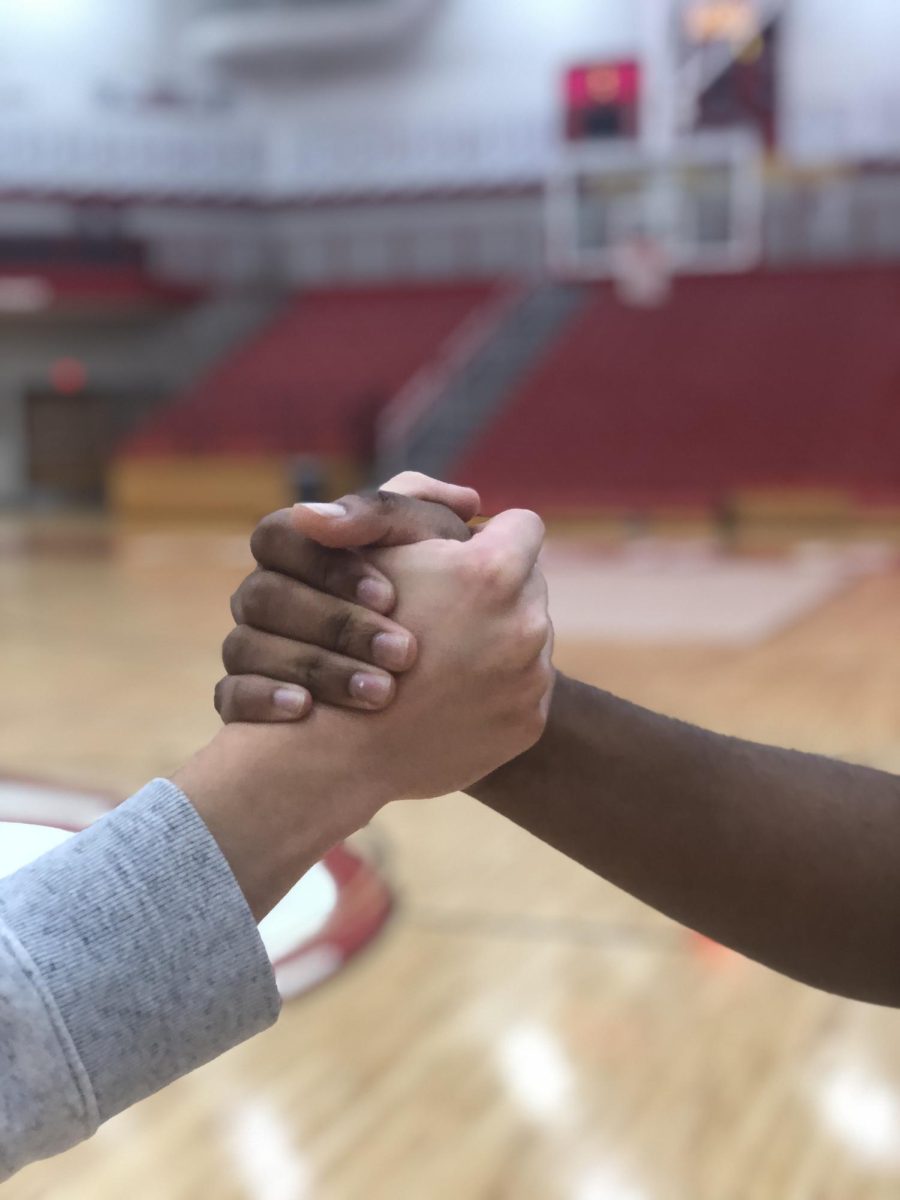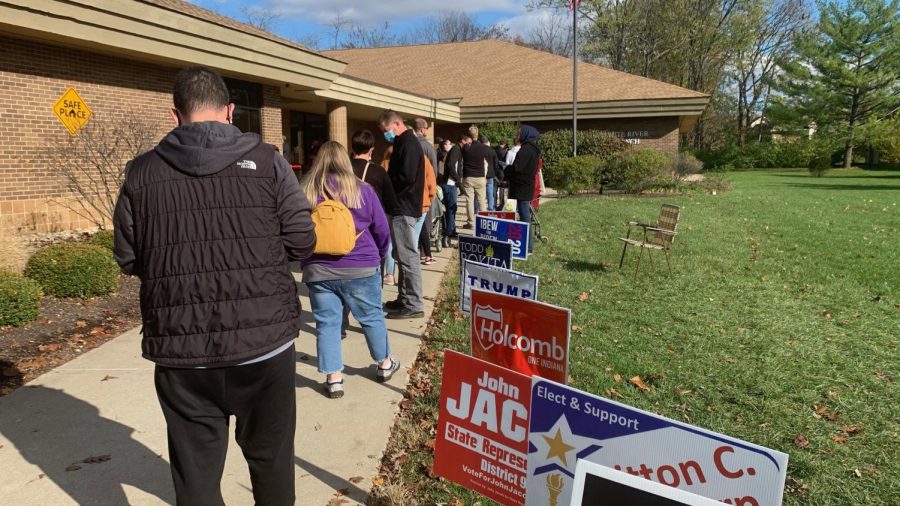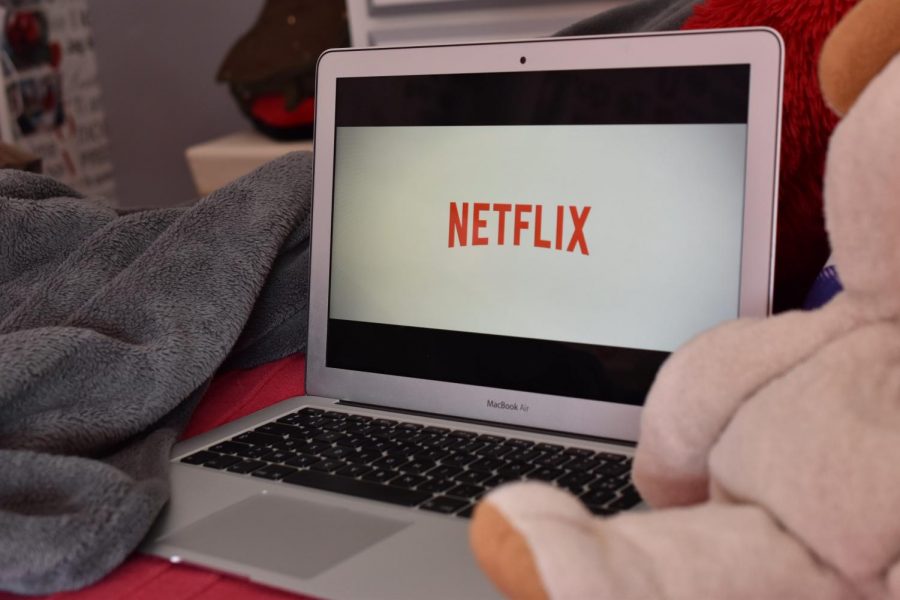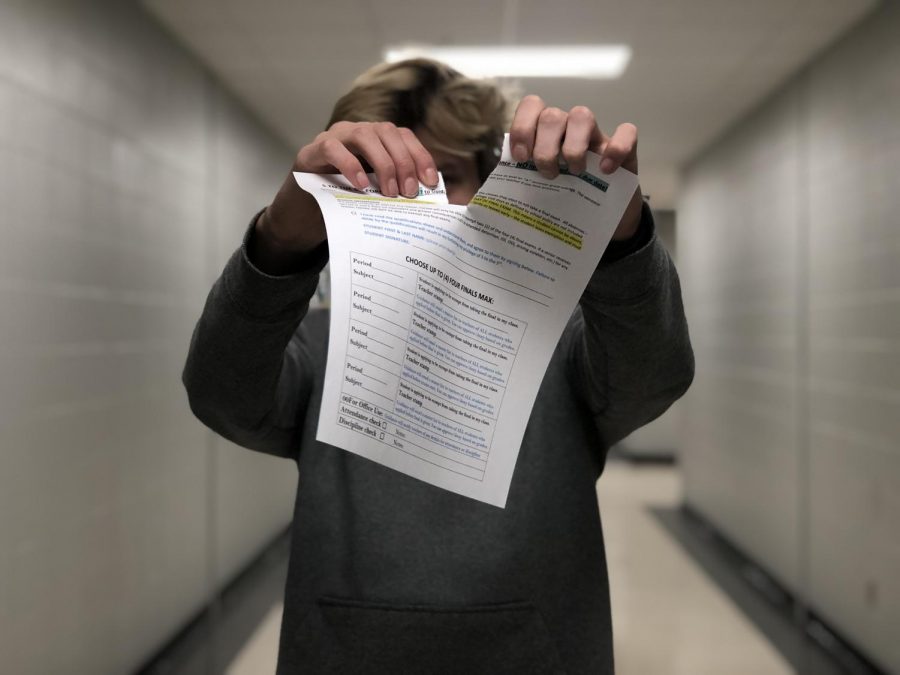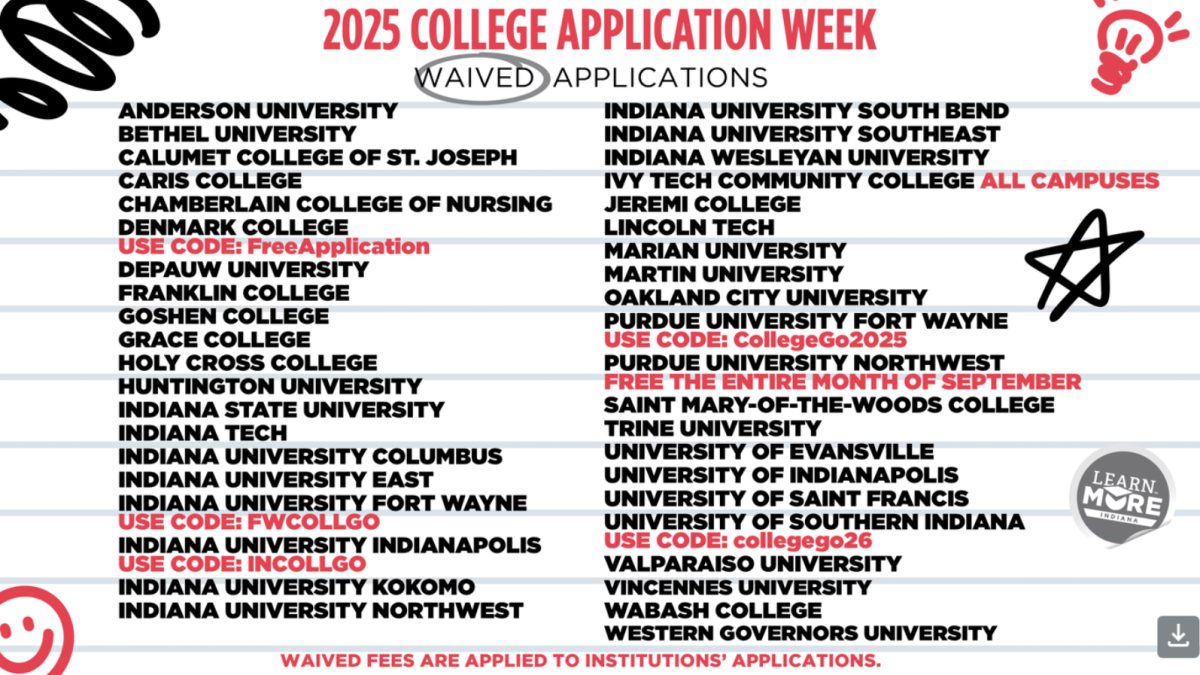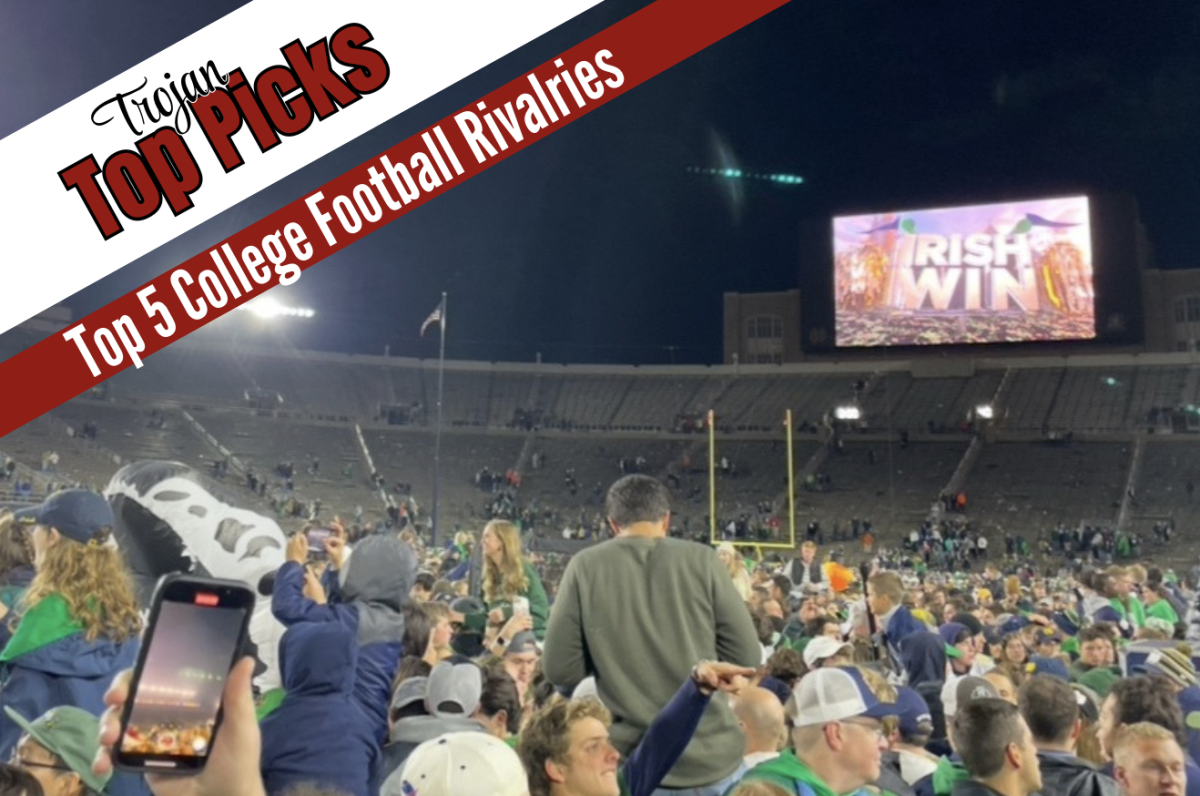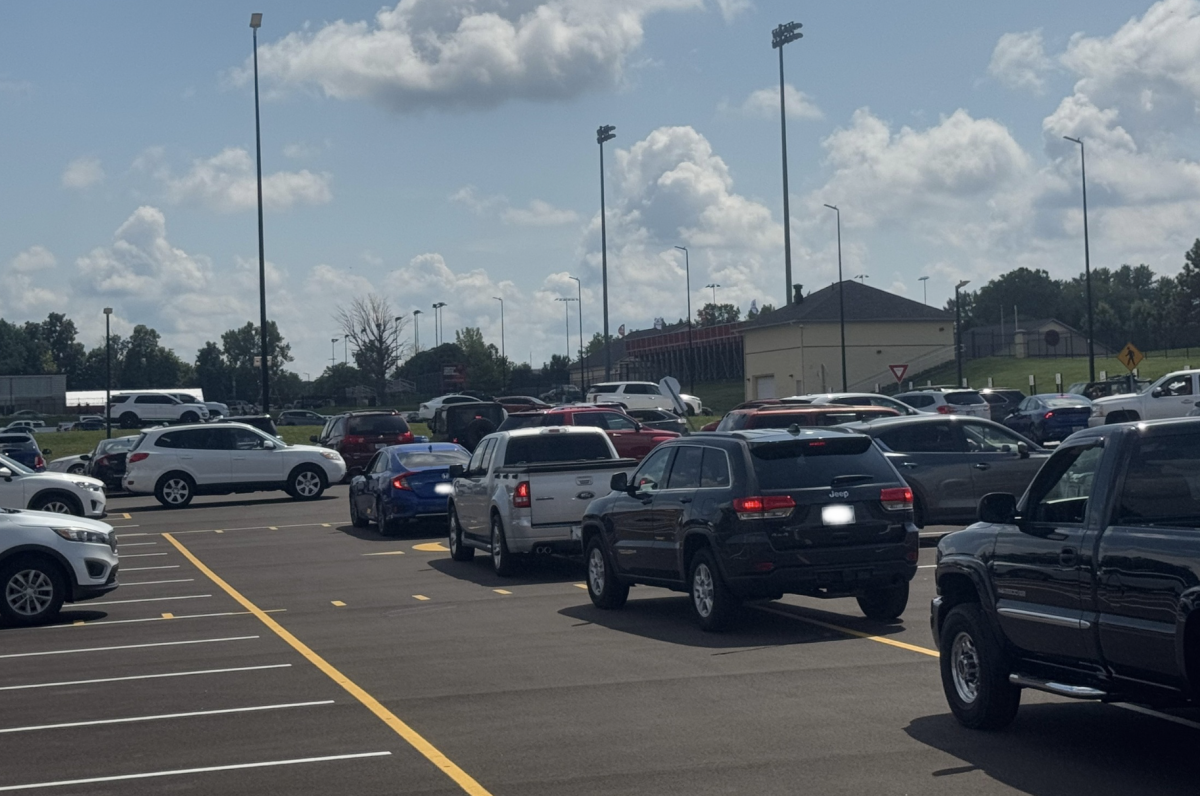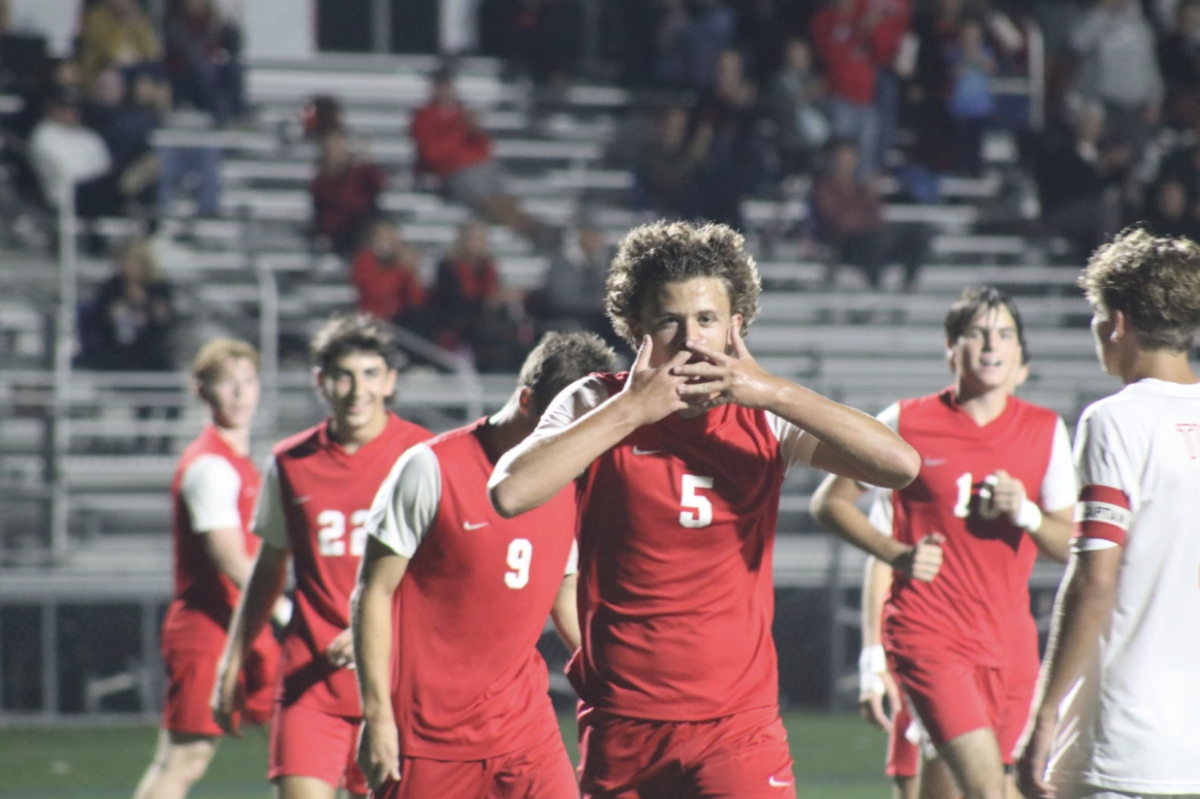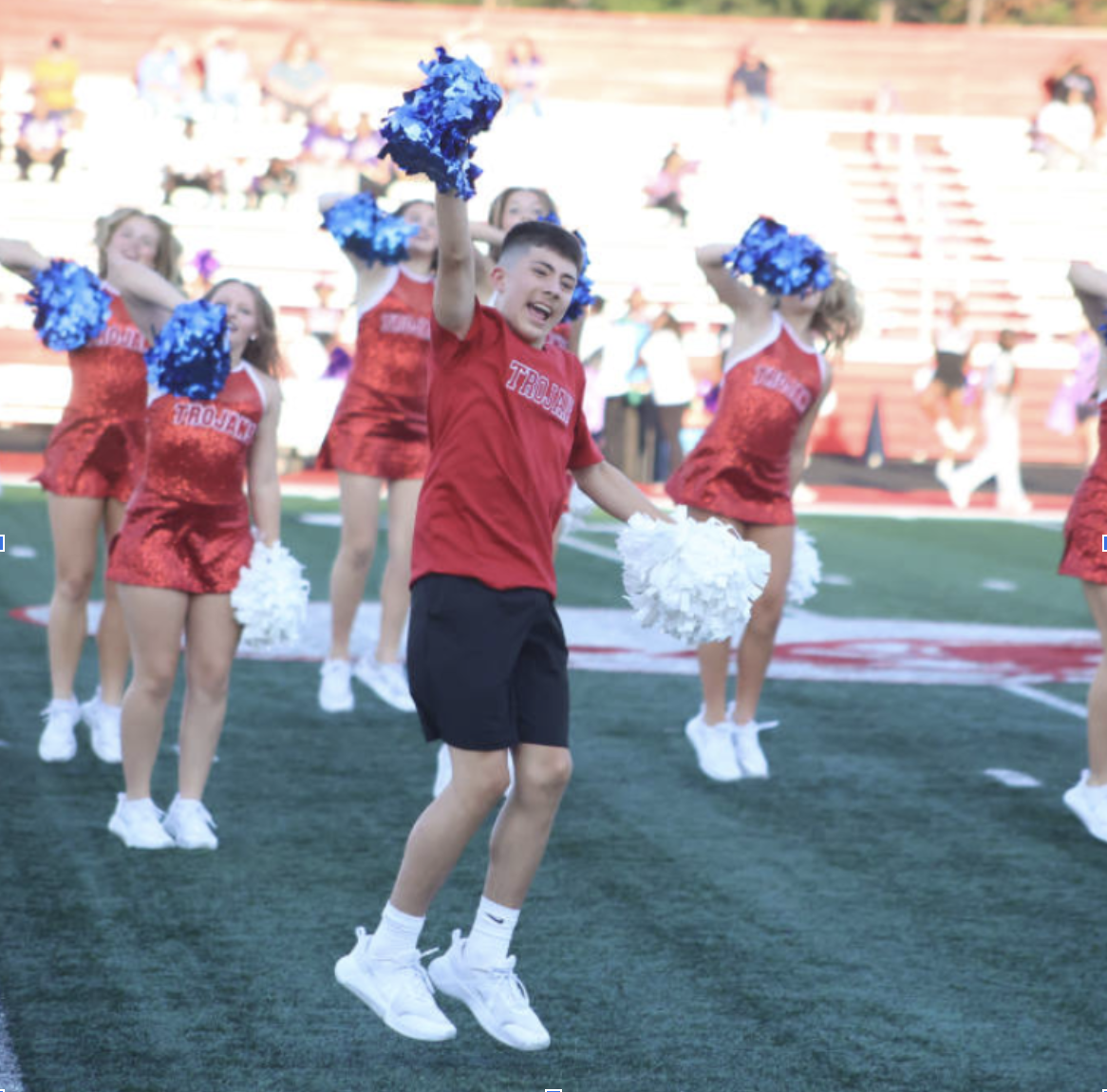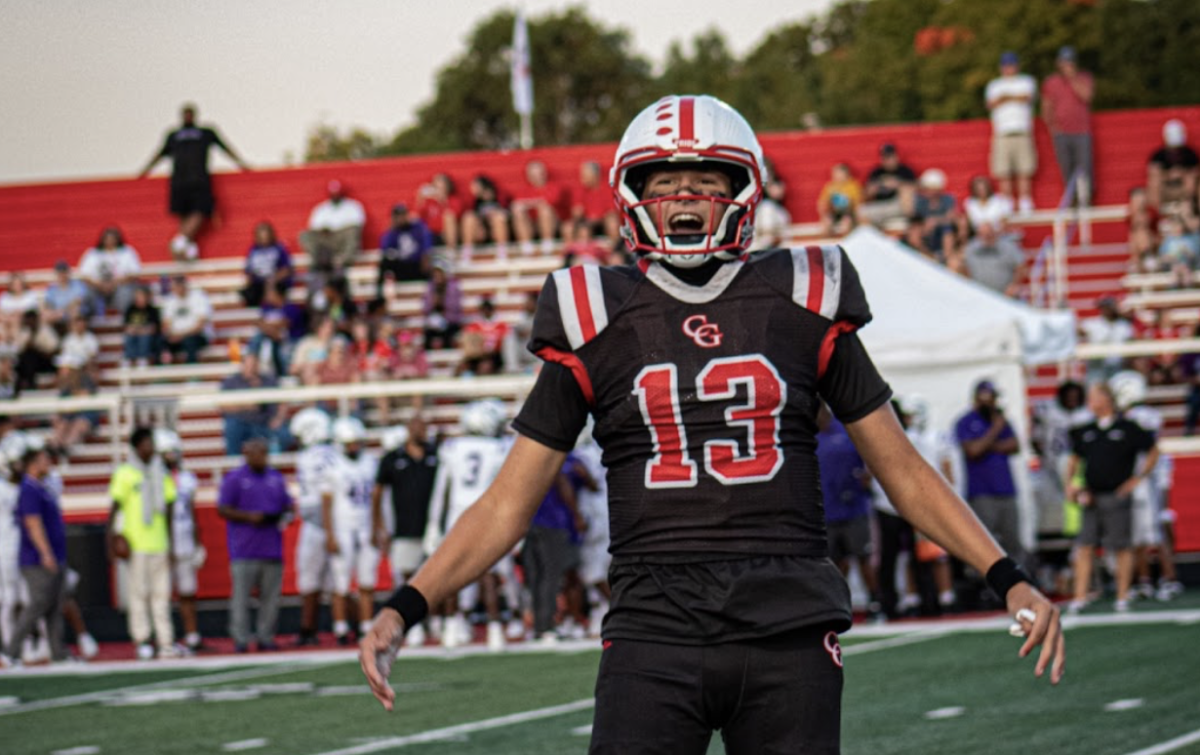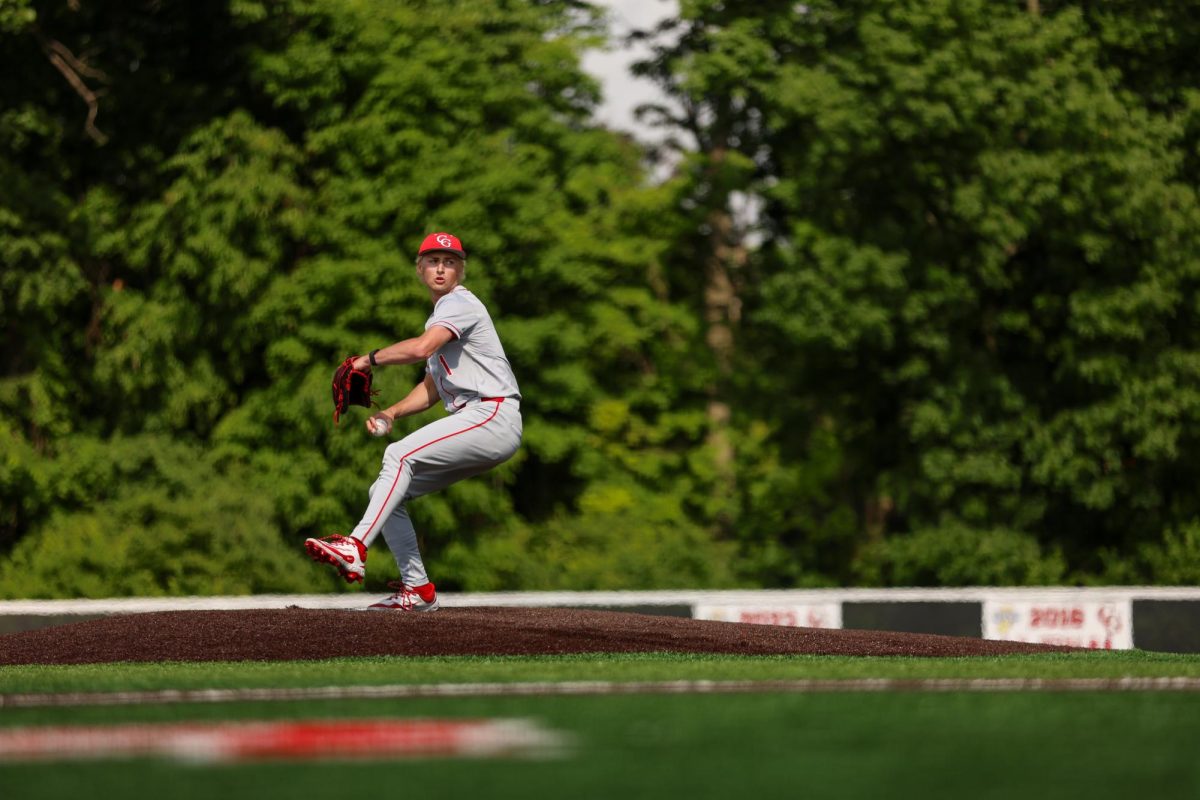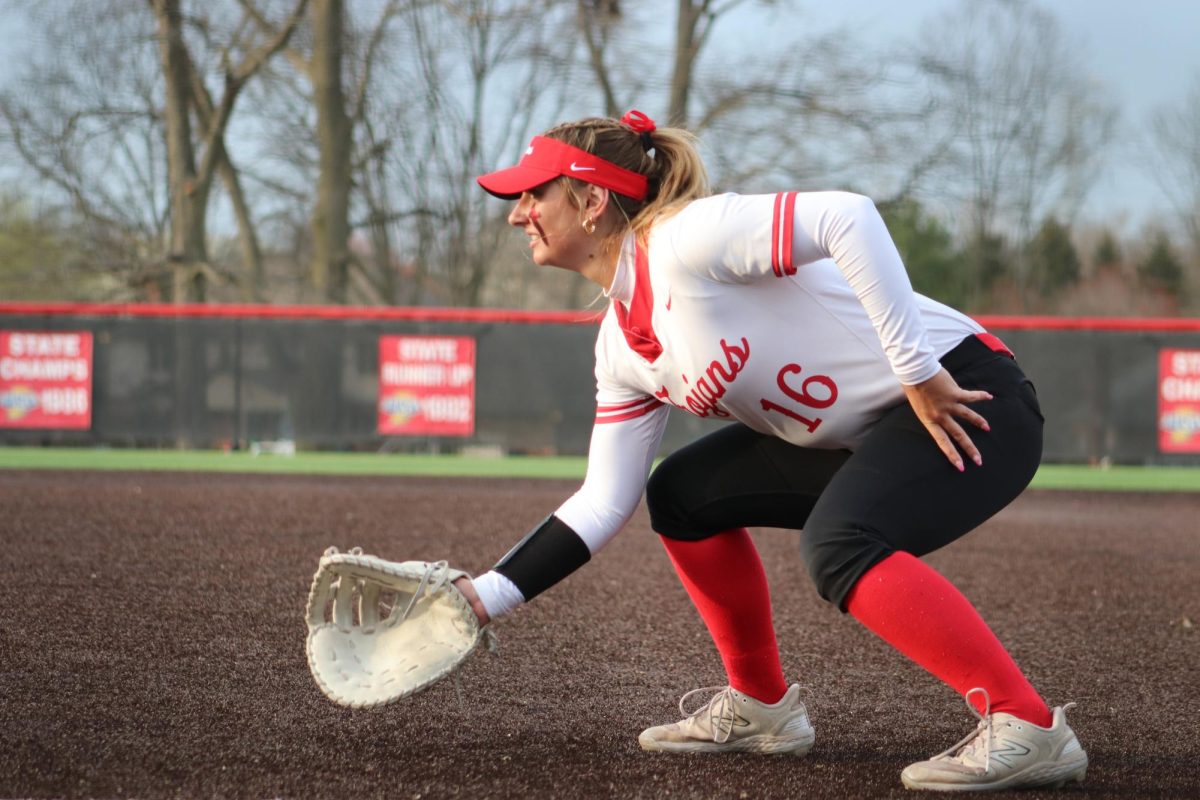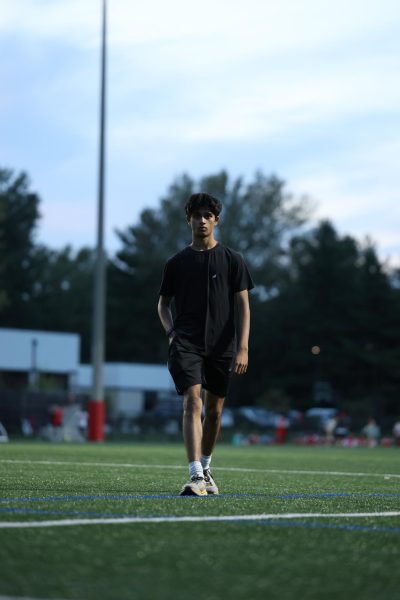When Colombian striker Luis Diaz fired a cross into the back of the net during a soccer game between Liverpool F.C. and Luton Town to tie the game 1-1 with four minutes left, the crowd didn’t know how to react.
In Luton’s normally raucous home stadium, the home fans were silenced. Not because a win had been snatched before their very eyes. No, they’re used to that. This was a silence of respect.
Diaz, jogging back to the center circle, pulled up his jersey, revealing the message “Libertad Para Papa,” which roughly translates to “Freedom for my father.” This comes after Diaz’s parents were kidnapped by Colombian rebels in his home country, leading to international outrage and a manhunt for the perpetrators and victims. Although his mother was returned, Diaz’s father is, at the time of writing this story, still missing.
Diaz missed a slew of games to deal with this news, which has sparked an outpouring of support for the Liverpool forward from fans of opposing and supporting teams alike, as well as people who have never watched the sport.
Yes, this news is disturbing. It’s depressing. It’s scary. But it also shows how sports can bring out the best, and worst, in people.
You’ll never find a Liverpool fan and Manchester City fan agreeing on many things. For those who don’t follow soccer, it’s like a Colts fan and a Patriots fan agreeing on something. It’s like Kanye and Taylor Swift finding common ground.
But when it comes to things outside the game, sports are the grounds upon which trust and support can be built. For 90 minutes, two soccer teams can battle out a grueling and intense duel involving pent up anger and outstretched flailing limbs, but after it, we can see messages of hope spread across continents.
The invasion of Ukraine. The Black Lives movement. The fight for gender equality. The Israeli-Palestinian conflict. Whatever side you’re on, sports provide a platform where people are judged not based on their sex, religion or race, but rather their performance and their sportsmanship.
But sports also bring out the worst in people. Racist taunts during soccer games in Spain still remain an issue. The Qatari government, fearing the magnitude of the 2022 World Cup and the message it may send, banned the use of rainbow armbands in support of the LGBTQ+ movement during the tournament because they saw it as a threat to their political policy. The pay gap between men’s and women’s sports is still debated.
This isn’t just a problem internationally. This is a problem on a domestic, and even local level. Friday night football games are heralded as one of the most popular sporting events across the United States in terms of high school sports, especially in Center Grove, where the football team’s success has garnered many fans and made football games a regular part of student life. While these games are the stage where players can shine at what they do best, they also provide a platform for hate and malice from fans of both teams.
There have been multiple instances where a referee at a game has been verbally abused by fans just for doing his or her job. There have been many times when a player has been screamed at by opposing parents for a mistake they made on the field. These are people. And in the case of Center Grove, these are kids. This type of behavior not only affects their mindset, but also bleeds into their interactions in the future, in college, and, more importantly, in public social settings when they eventually become adults watching these games.
Some may argue arguing with referees and yelling at players is “part of the game,” but that’s simply not true. The intensity and energy of a game is not dependent on the fans’ scrutiny over every single decision made on the field; rather, it is decided by the performance of the players, the storylines surrounding each player, and how the crowd’s reaction to these events helps these stories culminate into the beauty of a final score. This doesn’t mean crowds have to be robotic and silent; rather, crowds need to use their energy to support, not discourage.
Sports can be the great equalizer when it comes to conflict. Sports are the stage where nothing matters, except the players on the field, and yet everything matters, because of the stories the players and the crowd brings. Sports have the ability to influence, to encourage and to inspire.
Let’s keep it that way.


